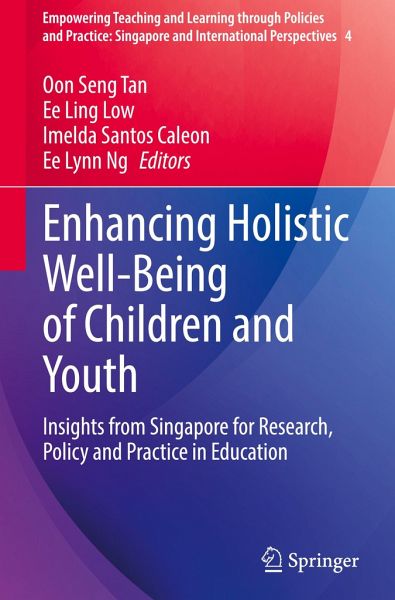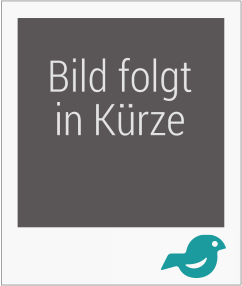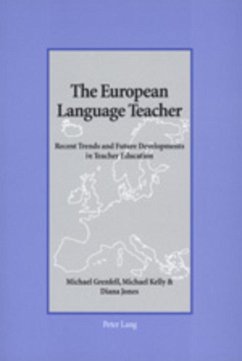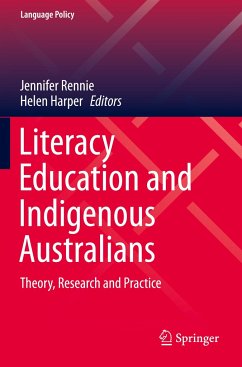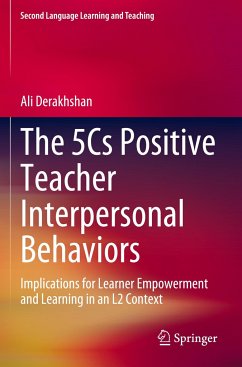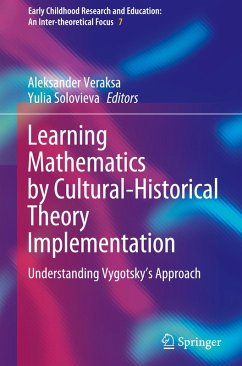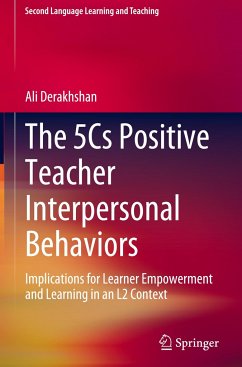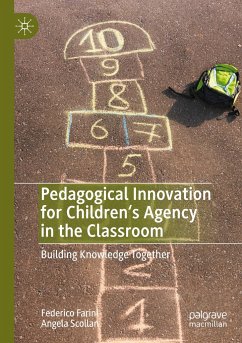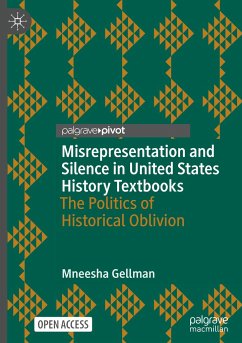Professor Tan Oon-Seng is Director of the Singapore Centre for Character and Citizenship Education, and Dean of Special Projects at the National Institute of Education (NIE). He was previously Director of the Centre for Research in Child Development at NIE and Director of NIE. He was a Yidan Visiting Global Fellow of Harvard University and is a Fellow of the International Academy of Education. In 2022, Professor Tan was conferred the Nanyang Distinguished Alumni Award - the highest alumni award of Nanyang Technological University for his outstanding contribution to education in Singapore and internationally. Professor Tan was President of the Educational Research Association of Singapore, and President of the APERA. Professor Tan was an Expert Panel member of the Social Sciences & Humanities Research Fund. He is Editor-in-Chief of the journal Educational Research for Policy & Practice (Springer Nature) and past Lead-Editor of the Asia Pacific Journal of Education (Routledge). Professor Tan's areas of research include teacher education, psychology, learning, character, and citizenship education. He has authored/edited more than 20 books and over 150 scholarly articles/chapters in these fields. He has also delivered keynote addresses globally, including the National Science Foundation EHR Distinguished Lecture, AERA Annual Meetings presidential sessions, the Royal Swedish Academy of Science international symposium, and international education ministers' summits. Professor Low Ee Ling is Dean, Academic and Faculty Affairs and the immediate past Dean, Teacher Education. She is a Professor of Education (Applied Linguistics and Teacher Education) at the English Language & Literature Academic Group at the National Institute of Education (NIE), Nanyang Technological University (NTU), Singapore. She obtained her in Linguistics (Acoustic Phonetics) from the University of Cambridge, United Kingdom, under the NTU-NIE Overseas Graduate Scholarship. She won the Fulbright Advanced Research Scholarship, which she utilised at the Lynch School of Education at Boston College. Professor Low is an internationally renowned expert in Teacher Education and World Englishes. She is the Editor-in-Chief of the journal AILA Review, series editor of 'Studies in World Englishes' (Routledge), a co-series editor of 'Empowering Teaching and Learning through Policies and Practice: Singapore and International Perspectives' (Springer), and 'Handbooks of Applied Linguistics' (Walter de Gruyter). She is a member of the OECD Education 2030 Scientific Committee and the Forum for World Education (FWE) Steering Committee. In 2021, she was recognized for her exemplary scholarship by the Academy for Leadership in Teacher Education (ALiTE), University of Hong Kong, and appointed as a member of the Board of Governors for the International Baccalaureate Organization (IBO). In 2022, she was elected as a Fellow of the prestigious International Academy of Education based in Belgium. Dr Imelda Santos Caleon is an Assistant Dean for Partnerships at the Office of Education Research and Senior Education Research Scientist at the Science of Learning in Education Centre (SOLEC), National Institute of Education (NIE), Nanyang Technological University (NTU), Singapore. She is the academic lead for the well-being research strand of SOLEC. Her research interests are in the areas of well-being, resilience, mindsets, social networks, and metacognition. She has led several intervention and large-scale longitudinal studies examining how students can be better supported to become adaptive, strategic, and flourishing learners. Her research has been published in many peer-reviewed and high-ranking journals, such as Teaching and Teacher Education, Journal of Early Adolescence, Educational Psychology, Child Indicators, Applied Cognitive Psychology and Journal of Research in Science Teaching. She is one of the editors for two Springer books about the well-being of children and adolescents: Positive Education in Asia and Positive Psychology and Positive Education in Asia: Understanding and Fostering Well-Being in Schools. She is also a founding member of the Singapore Positive Education Network. She has been working closely with several schools in Singapore as a research collaborator or consultant, to develop and implement positive psychology intervention activities tailored for diverse groups of learners. She is an Editorial Board Member of the journal Educational and Developmental Psychologist. Dr Ng Ee Lynn is Senior Education Research Scientist at the Centre for Research in Child Development at the National Institute of Education (NIE), Nanyang Technological University (NTU), Singapore. Her research focuses on understanding how factors that are internal and external to the child contribute to learning and development. She has published articles and chapters on the topics of children's self-regulation and executive functioning skills, quality of preschool learning environments, and early childhood educator well-being. Dr Ng has delivered keynote and invited addresses in Singapore to share with parents, educators, and other stakeholders about the importance of building self-regulation skills in early childhood.
